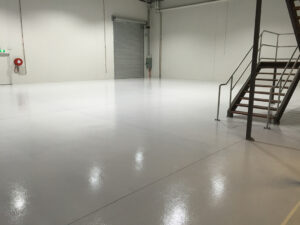What To Know About Epoxy Flooring
1. What exactly is epoxy coating/flooring?
Epoxy flooring/coating is a type of resin applied on raw concrete floors to give them a smooth and non-slip protective surface. Most epoxy resins are installed with a roller at an average thickness of 250 microns (1/4 millimetre). But it can be thicker depending on the customer’s needs.
Floors painted with epoxy resin usually have a plain semi-gloss finish and come in single colours. But if the customer prefers, they can have the contractor create patterns for a more unique look.
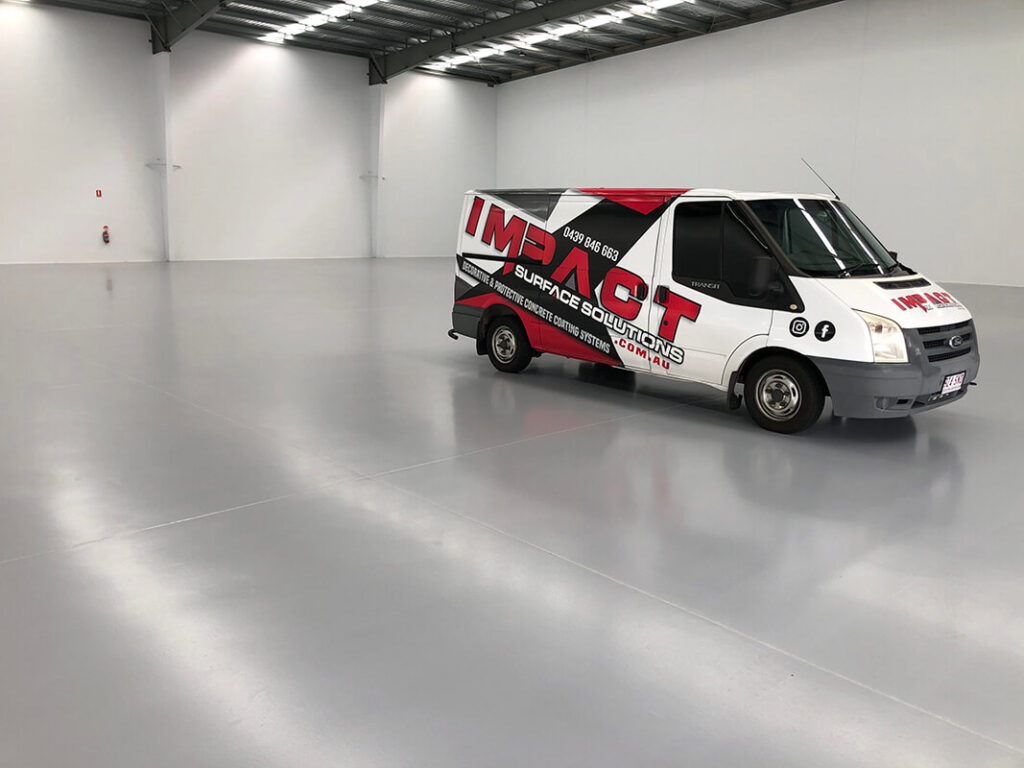
2. How much can I expect to pay to have epoxy flooring installed?
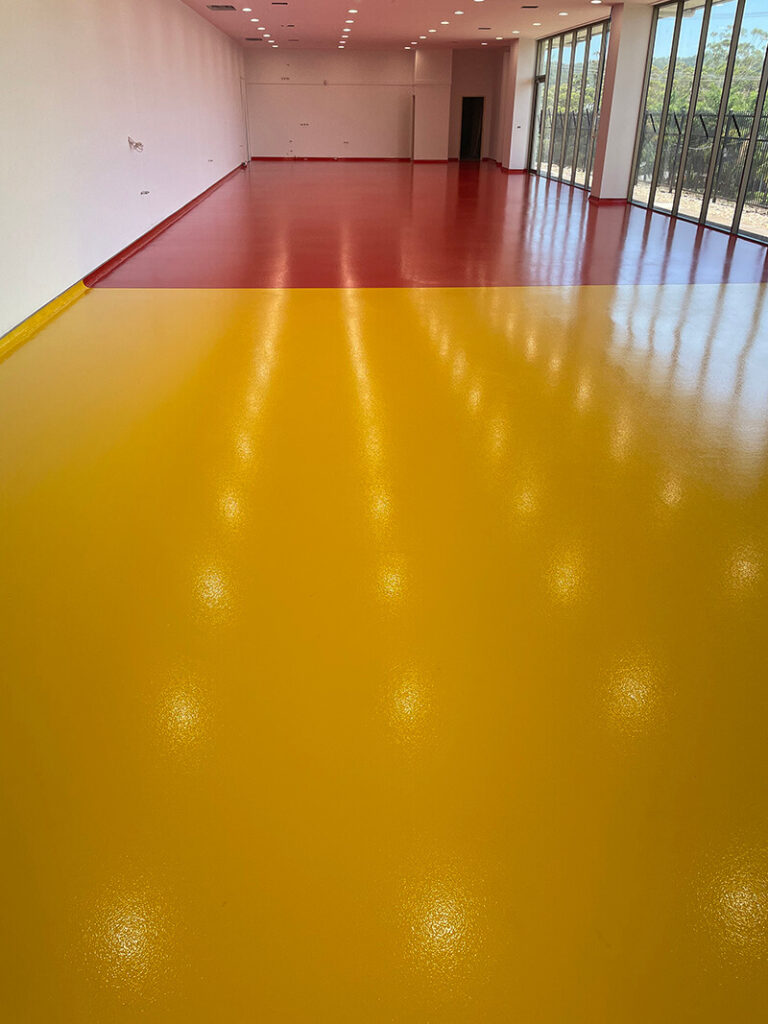
Pricing is often calculated on square metre rates depending on the size and complexity of each individual job.
Epoxy flooring typically starts at $30-$40/m2 for 2 coat systems (including preparation) with many variables at play.
But remember that the price will vary from one contractor to another and depends largely on the quality of epoxy resin used and the amount of surface preparation required.
Always remember, surface preparation is the key to long-lasting epoxy floors.
3. What's the difference between epoxy coating and flooring?
The main difference lies in the thickness. On one hand, epoxy coatings are generally less than 1 mm in thickness. Epoxy floorings, on the other hand, have a greater thickness of at least 1 mm and can often be up to 6mm.
They largely differ in function. The epoxy coating protects the concrete surface from general wear and tear and staining, while epoxy flooring provides much higher impact and heat resistance.
Need more help?
Address
Burleigh Heads Gold Coast, Queensland
info@impactsurfacesolutions.com.au
Quality Flooring At A Fair Price
Call us for a FREE quote!
Are you seeking inspiration for your new floor?
Explore our Gallery Here
4.What can damage epoxy flooring?
Harsh soap-based cleansers are a no-no when it comes to epoxy flooring as some chemicals can damage the smooth surface. Simply mop it with clean water or pH neutral cleaners and you’re good to go. If you spill juice or food on the floor, you can use a mild detergent to help remove them.
Don’t let dirt accumulate on the floor. To prevent it from embedding or damaging the floor, make sure to remove any dirt immediately.
The beauty of epoxy flooring is that it is largely chemical-resistant, that’s why it is frequently used in laboratories, warehouses, and garages.
But that doesn’t mean it can’t be damaged by some chemicals. In case you spill chemicals on the floor, make sure to clean them up immediately with paper towels or disposable rags.
The best way to protect your epoxy floor is to not let the chemicals sit on the surface for long. The same goes for any paint, bleach, and other harsh chemicals. Make sure to wear protective gloves if you’re cleaning caustic materials.
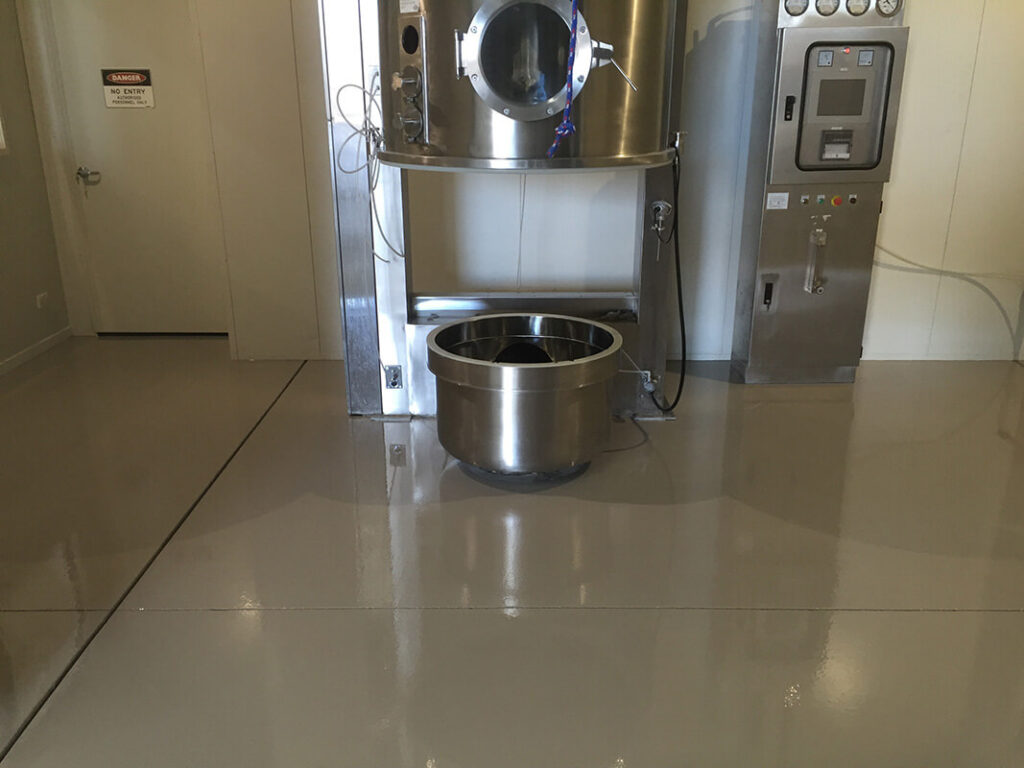
5. Are floors applied with epoxy high maintenance?
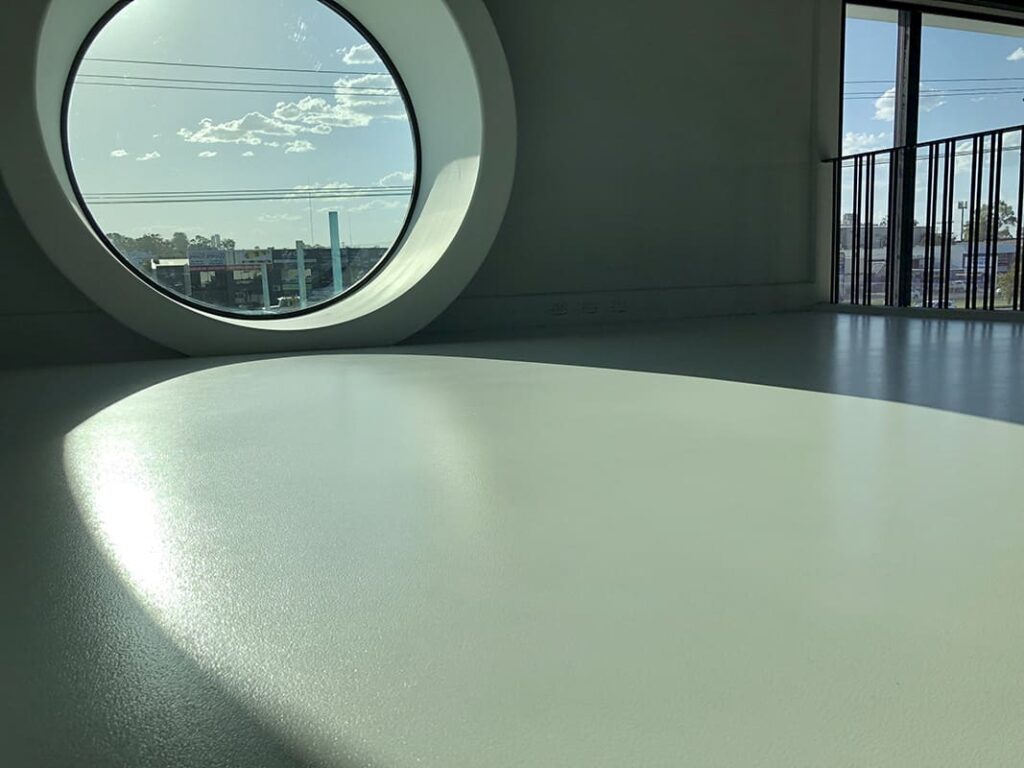
Not at all! In many cases, water is all you need to clean the floor. You can add a mild cleanser to remove accumulated dirt. If you’re adding a mild cleanser to the cleaning solution, always read the label to ensure that it is compatible with epoxy floors.
6. Why is proper surface preparation important for epoxy flooring?
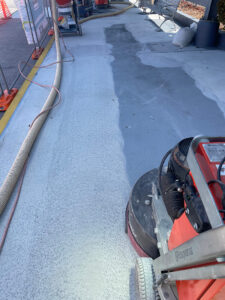
7. Does high-quality epoxy flooring mean it’s more expensive?
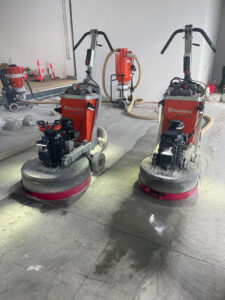
8. How many hours does it take for epoxy resin to cure?
